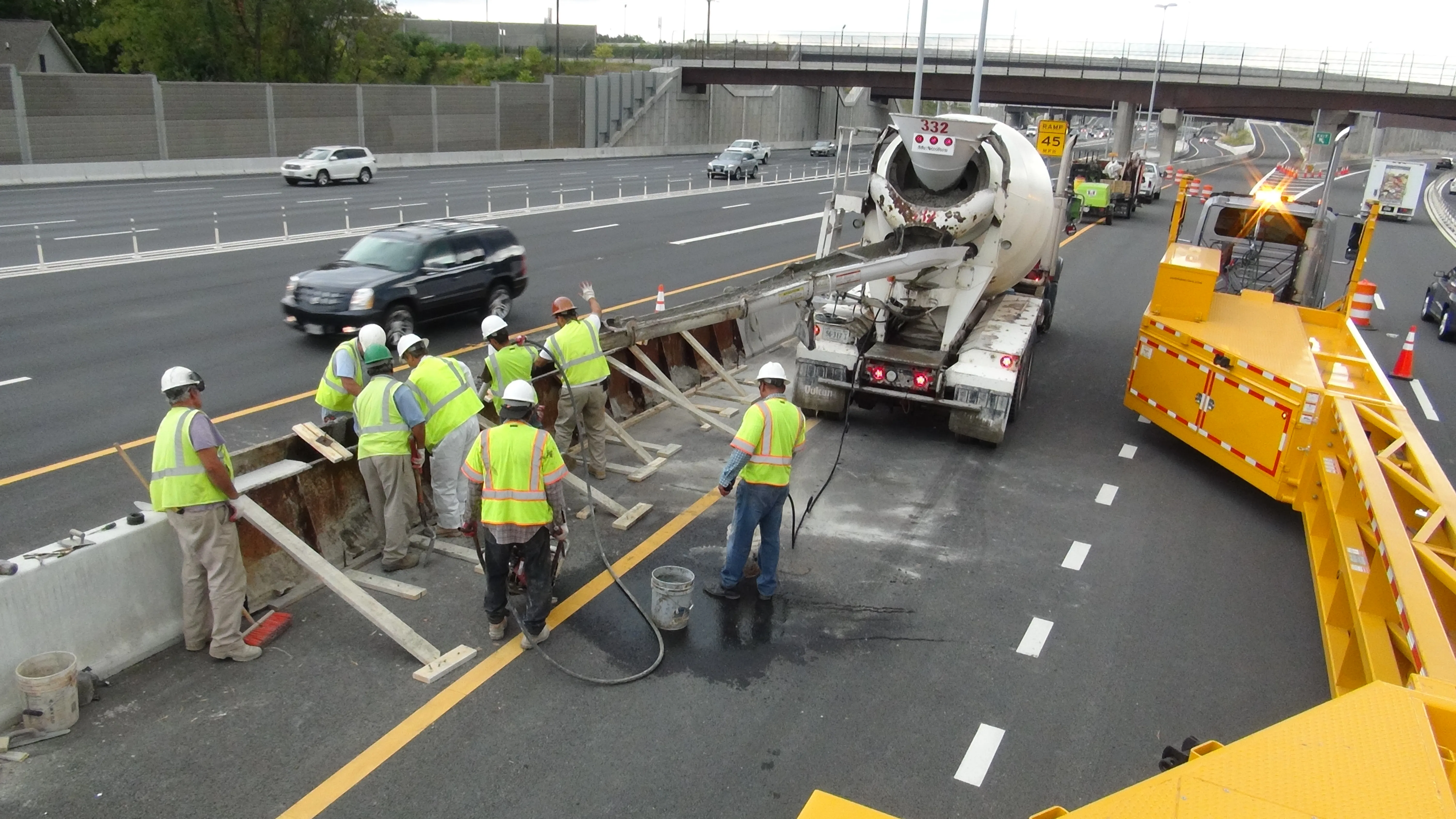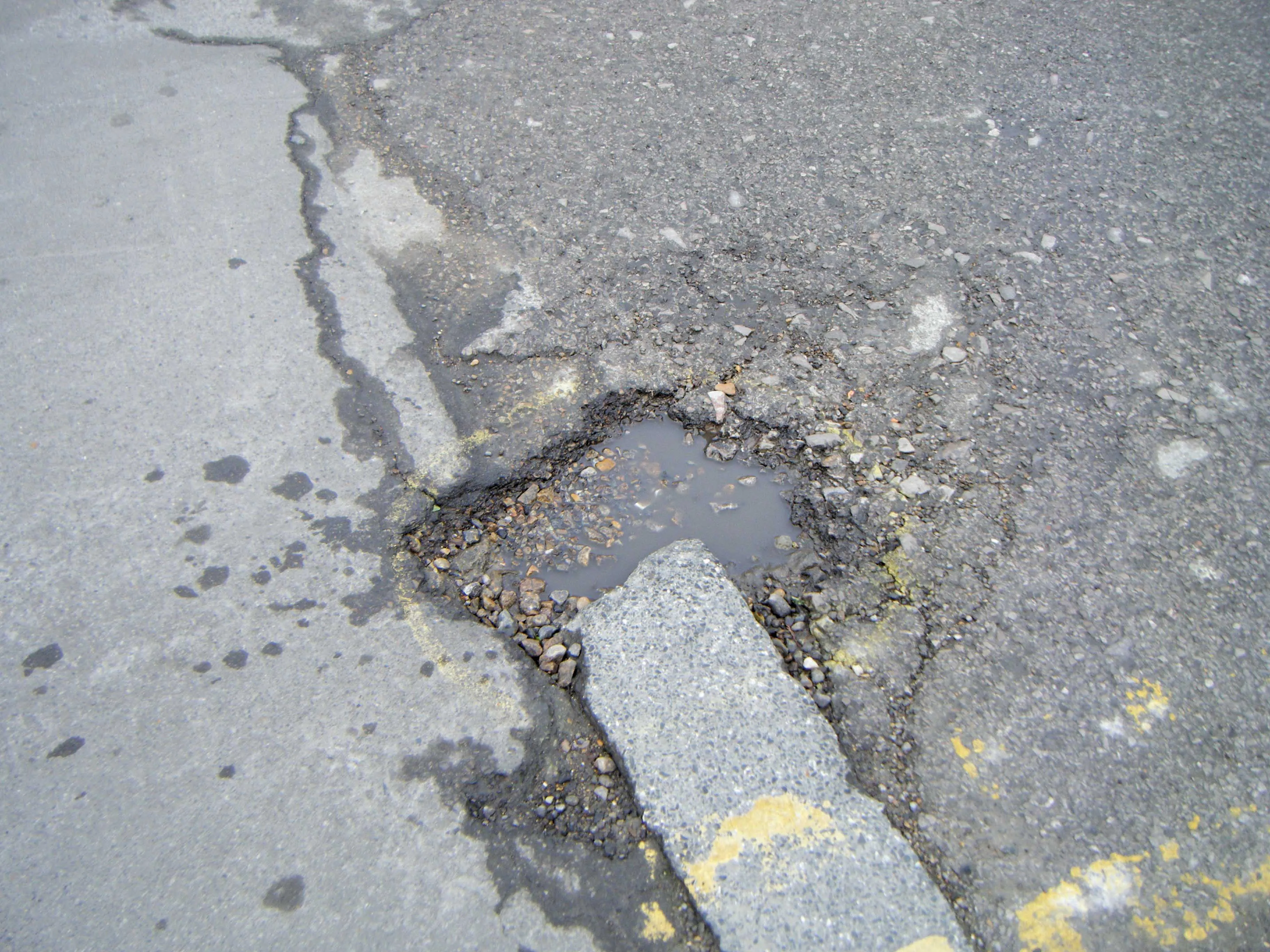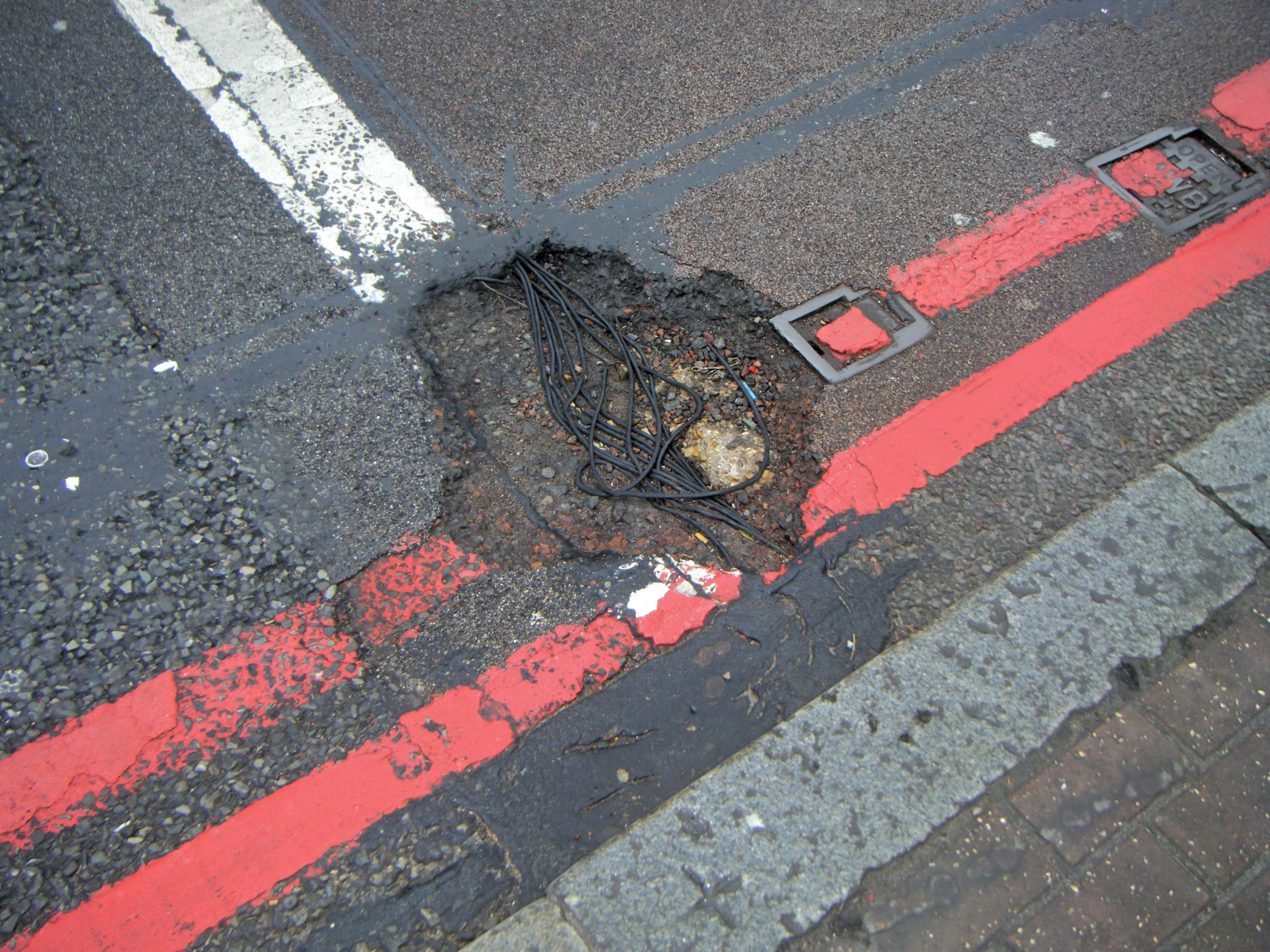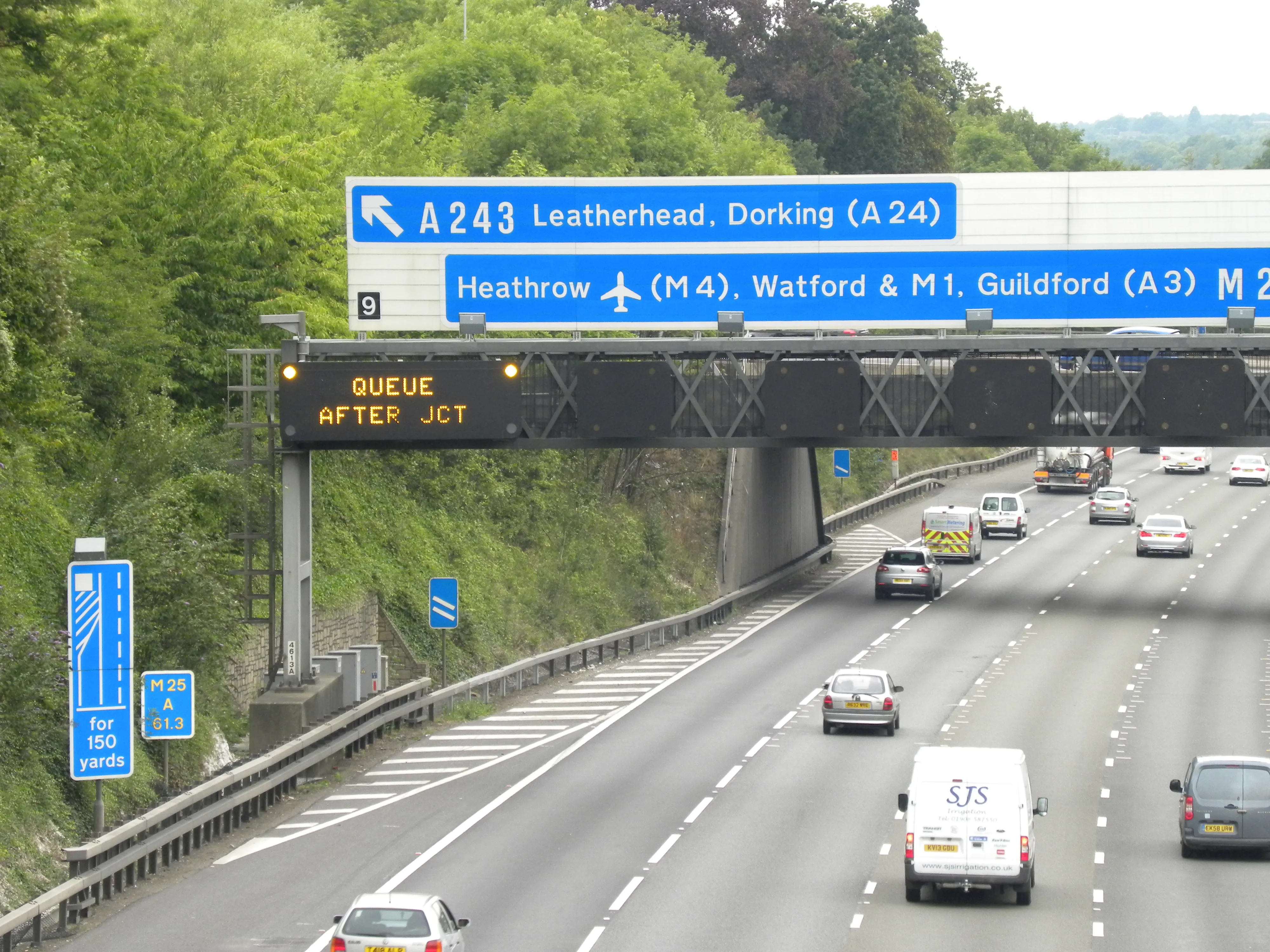
Accidents on road construction sites are responsible for hundreds of thousands of injuries and thousands of deaths worldwide. Work zones present an increased risk for workers who build, repair and maintain roads, bridges and tunnels, as well as for a variety of road users, including pedestrians, bicyclists and motorcyclists who are confronted with less-than-ideal safety conditions in work zones.
In an effort to tackle the unacceptable rate of work zone injuries, the IRF is releasing a policy statement - Mandating Safer Work Zones Globally. It covers the establishment of national guidelines, the selection and use of temporary traffic control devices, work zone inspections and the need to invest in strengthening skills within public agencies and the contracting community.
Global statistics on work zone-related injuries are not available but the US
These figures suggest that at the global level hundreds of thousands of injuries and thousands of fatalities occur every year in work zones. This represents a very serious safety concern for the road community, particularly across the developing world where an abundance of road rehabilitation projects have not been accompanied by commensurate efforts and investments to foster a culture of safe road construction.
“Infrastructure is aging across the globe and must be maintained to preserve its value,” said Chris Sanders,
“Countermeasures that are proven to improve safety and mobility are minimal investments when weighed against the total cost of most projects,” said Pete Johnston of 3M and chairman of the IRF temporary traffic control subcommittee.
“To insure effective and sustainable temporary traffic control set-ups, authorities should include provisions in their national guidelines that mandate traffic control plan implementation, and that traffic control plans need to be part of the budget and funded,” said Johnston.
“IRF's advocacy work furthers our global mission to unite all road stakeholders around a consistent vision," said IRF chairman Abdullah Al-Mogbel. "This latest policy statement underscores the need to set ambitious road safety requirements at all stages of road design, construction and operation."
The IRF policy statement Mandating Safer Work Zones Globally may be downloaded from the %$Linker:
The publication coincides with the start of %$Linker:








